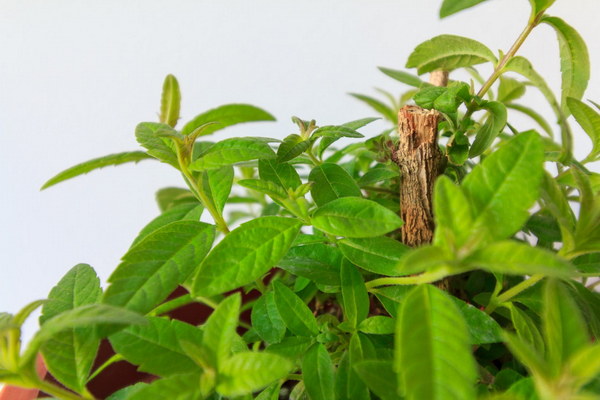Revitalize Your Wellbeing The Herbal Tea Solution for MoistureRelieving and StomachNourishing Benefits
In the quest for holistic health and wellness, the ancient wisdom of traditional herbal remedies offers a refreshing approach to modern ailments. Among these natural elixirs, herbal teas have emerged as a favorite among those seeking to alleviate moisture-related discomforts and support digestive health. This article delves into the world of herbal teas, specifically focusing on their moisture-relieving and stomach-nourishing properties, offering insight into how these natural brews can revitalize your well-being.
Understanding the Basics of Herbal Teas
Herbal teas, also known as tisanes, are made from the leaves, flowers, roots, or fruits of various herbs and plants. Unlike black, green, or white teas, herbal teas do not contain caffeine and are caffeine-free, making them an ideal choice for those looking to unwind without the jitters. The versatility of herbal teas allows for a wide range of health benefits, with many teas being tailored to specific wellness goals.
The Power of Moisture-Relieving Herbs
Moisture-related discomforts, such as dampness, can manifest in various ways, from achy joints to excessive sweating. Certain herbs possess natural diuretic properties, helping to eliminate excess moisture from the body. Here are some key moisture-relieving herbs commonly found in herbal teas:
- Nettle (Urtica dioica): Nettle is a powerful herb known for its diuretic and anti-inflammatory properties. It can help reduce fluid retention and alleviate joint pain associated with dampness.
- Dandelion (Taraxacum officinale): This herb is well-known for its liver-cleansing properties and can aid in reducing bloating and water retention, thereby alleviating moisture-related discomforts.
- Horsetail (Equisetum arvense): Rich in silica, horsetail is believed to support healthy joints and can help alleviate joint pain caused by dampness.
Stomach-Nourishing Herbs: A Soothing Touch
Digestive issues can be both uncomfortable and disruptive to daily life. Herbs that promote stomach health can help soothe an upset stomach and support overall digestive function. Here are some stomach-nourishing herbs often found in herbal teas:
- Peppermint (Mentha × piperita): Peppermint is renowned for its calming effect on the digestive system. It can help alleviate bloating, gas, and indigestion, making it an excellent choice for those with sensitive stomachs.
- Ginger (Zingiber officinale): Ginger has been used for centuries to aid digestion. It can help stimulate the production of digestive juices, reduce inflammation, and relieve nausea.

- Chamomile (Matricaria recutita): Known for its relaxing properties, chamomile is a gentle herb that can soothe an upset stomach and reduce symptoms of irritable bowel syndrome (IBS).
How to Enjoy Herbal Teas for Moisture-Relief and Stomach Health
To make the most of these moisture-relieving and stomach-nourishing herbs, here are some tips on how to enjoy herbal teas:
- Choose the Right Teas: Opt for herbal teas that contain the herbs mentioned above or blends specifically formulated for moisture-relief and stomach health.
- Use Fresh Herbs: If possible, use fresh herbs to make your tea. They tend to be more potent and have a richer flavor.
- Steep Properly: Allow your tea to steep for the recommended time (usually 5-10 minutes) to extract the full benefits of the herbs.
- Enjoy Regularly: Incorporate herbal teas into your daily routine for the best results. You can drink them hot or iced, depending on your preference.
Conclusion
Herbal teas offer a natural and effective way to address moisture-related discomforts and support stomach health. By incorporating these wellness teas into your daily routine, you can enjoy a refreshing and soothing experience that promotes overall well-being. So, the next time you're feeling a bit damp or your stomach is acting up, reach for a cup of herbal tea and let nature's remedies work their magic.









